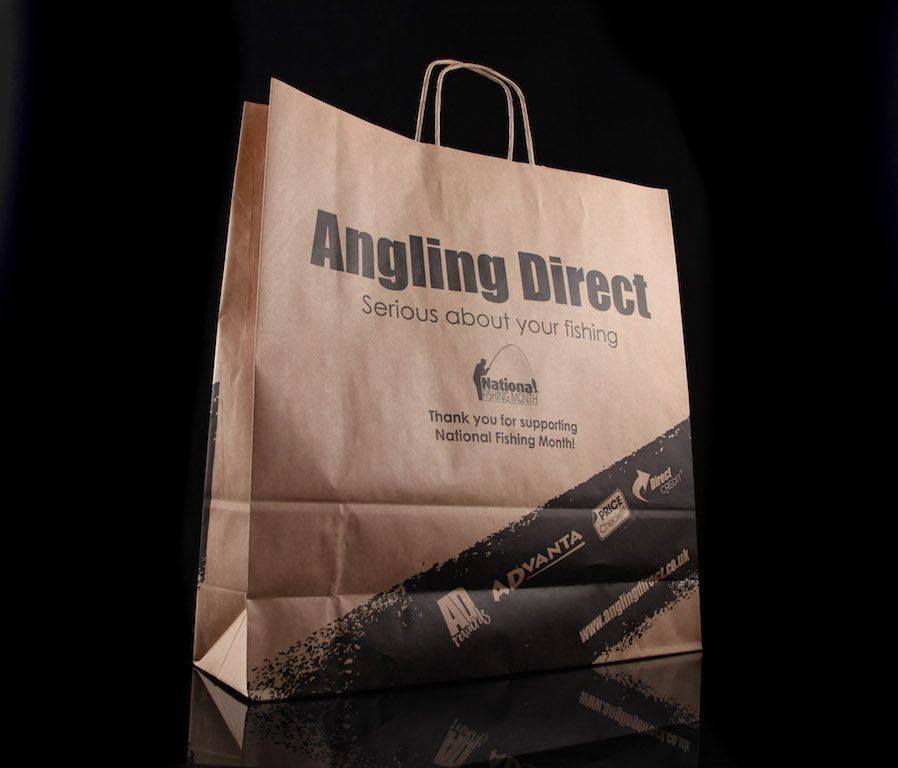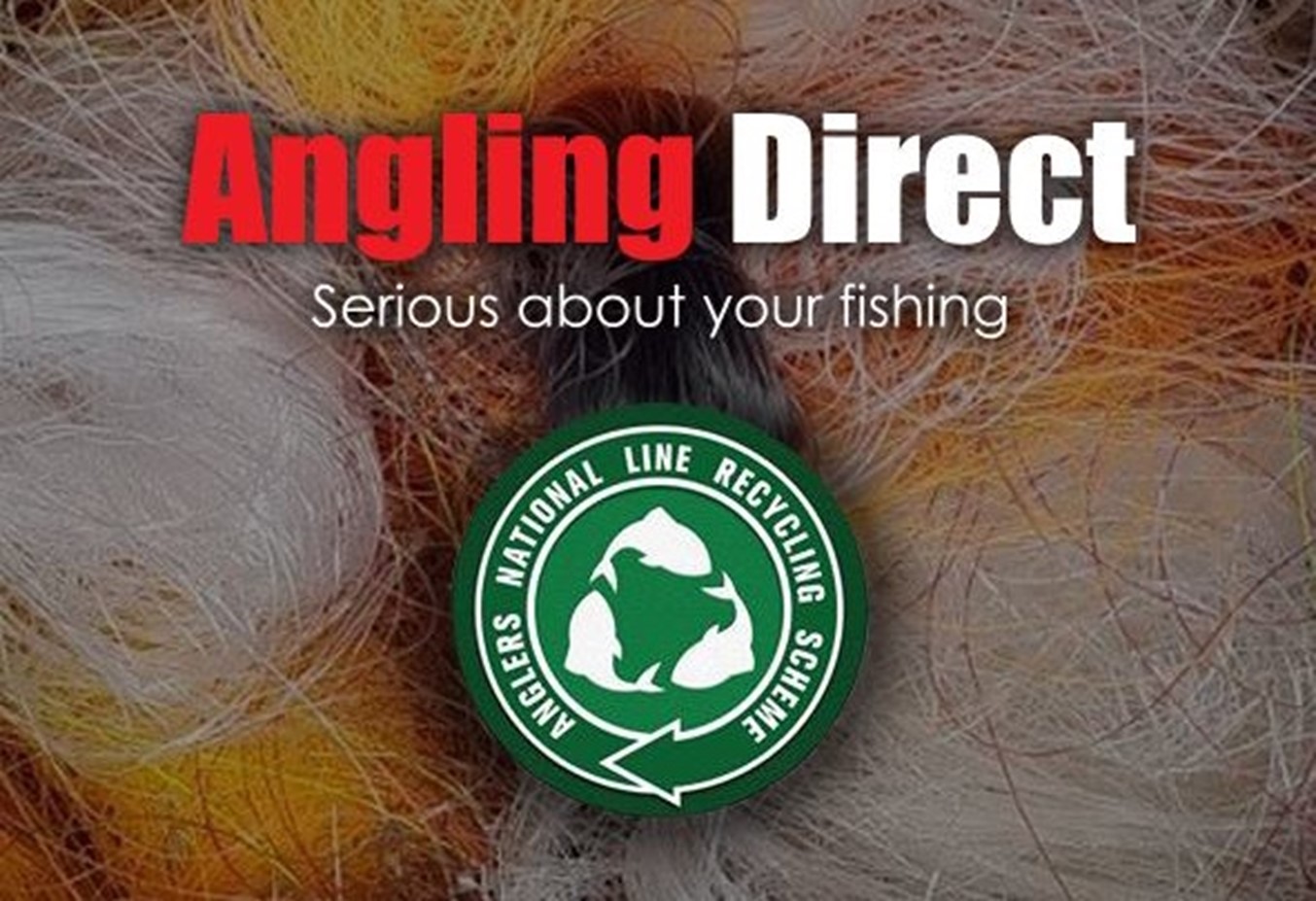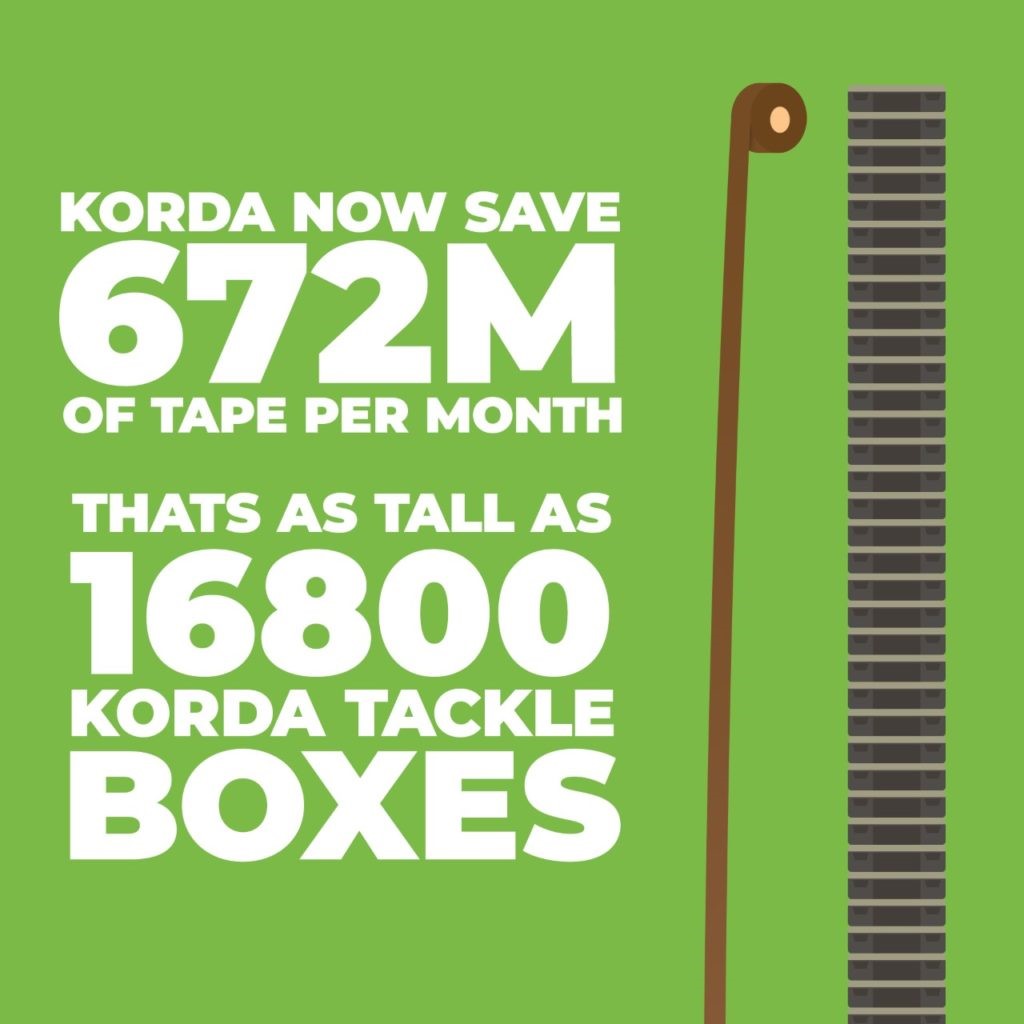GLOBAL RECYCLING DAY - How Anglers Can Help
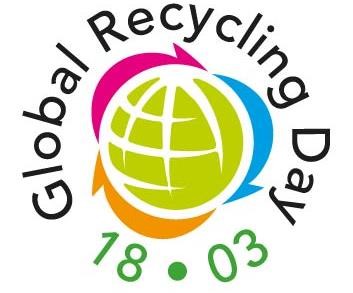
With Global Recycling Day the aim is to remind everyone to Reduce, Reuse, Recycle, Recover as much as possible in their everyday lives. This includes angling. But how can anglers help with recycling and the environment? Do not worry this guide has you covered.
The Plastic Problem
Before we dive into what you can do, let us start by sharing exactly what the problem some of our venues are dealing with, not just across the UK but in neighbouring angling countries too!
As an angling retailer staffed by anglers, and on the front line of direct engagement with people as passionate about the sport as we are, we've long known that our rivers are changing for the worse. The use of improper discarding on plastics is certainly well documented with research by Friends of the Earth assessing that the British waterways contain, in some cases, over 1000 microscopic pieces of plastic per litre.
Some of the worst affected areas are in urban surroundings such as the River Tame, Tameside, Greater Manchester, however, even the most remote areas such as Loch Lomond, Scotland are recording alarming levels of pollution. It appears no stretch of freshwater is free from contamination.
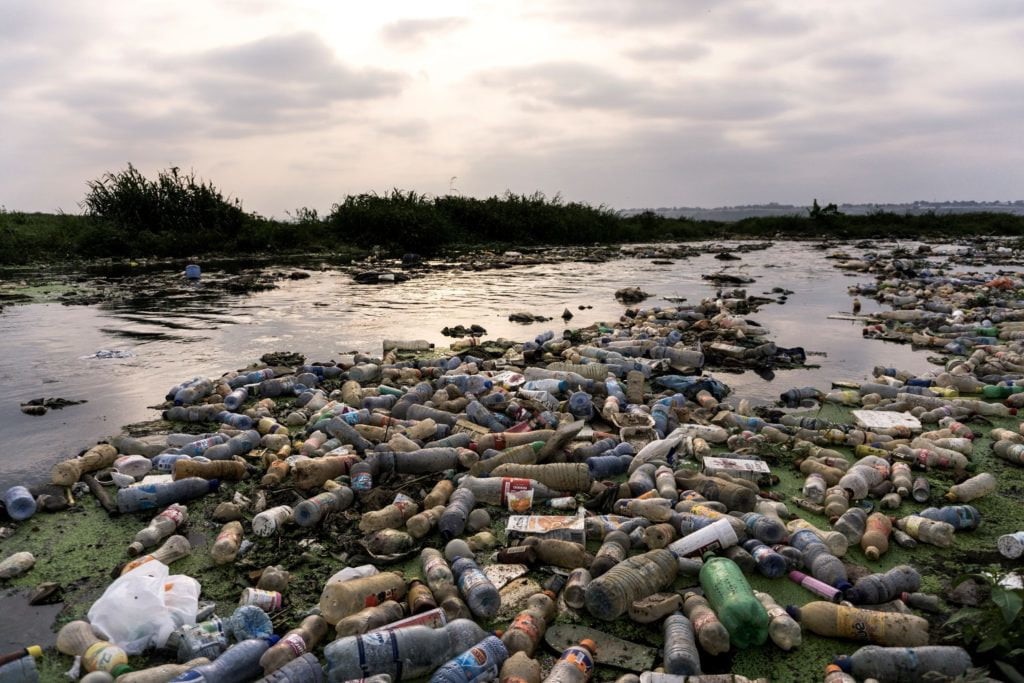
How Does Plastic Waste Affect the Fish?
Not only polluted waterways are raising concerns but it also causes health concerns of the fish. Barbel stocks in the Wensum are now virtually no existent, specimen fish are coming up smaller than anglers would expect, or simply not appearing to be present in their favoured waters at all, even larger predators such as pike aren't reaching the headline-grabbing sizes they have done; often, one or two large pikes are simply being caught over and over again, which is not in the spirit of the sport, nor is it good for the health of this fish themselves.
As anglers, the waters we fish matter to us. You don't need a degree in environmental science to know that a polluted lake, river, or ocean means, at first, smaller fish, and, soon, no fish at all. Anyone who spends any time by the water knows that, once the fish go, everything else crashes soon afterwards.
If plastic pollution is contributing to declining health and populations in our coarse fish, in the same way as has been shown to be the case when it comes to ocean plastics, then it benefits anglers, among many other groups, to be involved in efforts to reduce the amount of plastic and rubbish we use and dispose of.
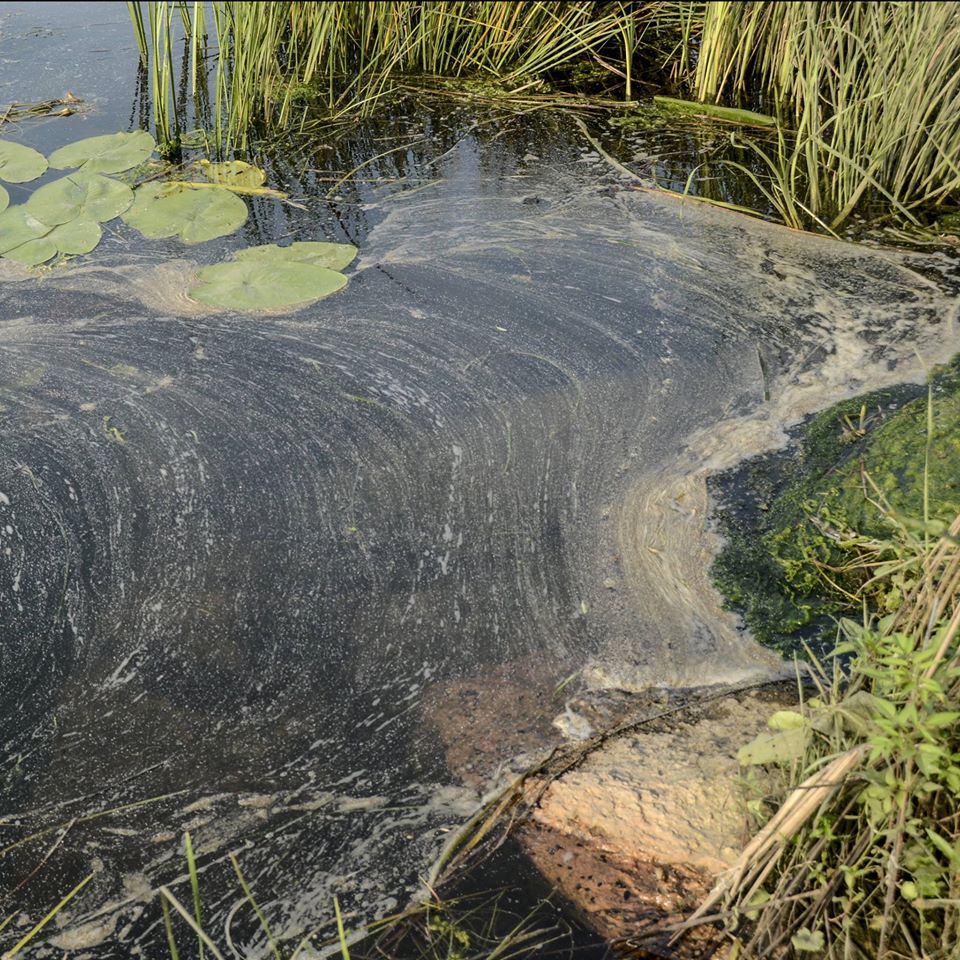
How Anglers Can help with Recycling?
With the theme of this year's Global Recycling Day having a focus on Recycling Heroes let us look at the ways, the fishing industry and anglers can help lower the amount of plastic and pollution reaching waters.
1. Cleaning up Litter After a Day’s Fishing
Many recreational anglers are cleaning up litter, not only after themselves but joining anglers clubs and angling-related organisations in scheduled events of litter removal from waterways and surrounding land. Anglers are growing more conscious of the adverse publicity linked to fishing, cleaning up after themselves with fishing line, unused bait and their own packed lunch. If you change your mentality to leaving the fishing area cleaner then what you found it, it will help the marine ecosystem improve.
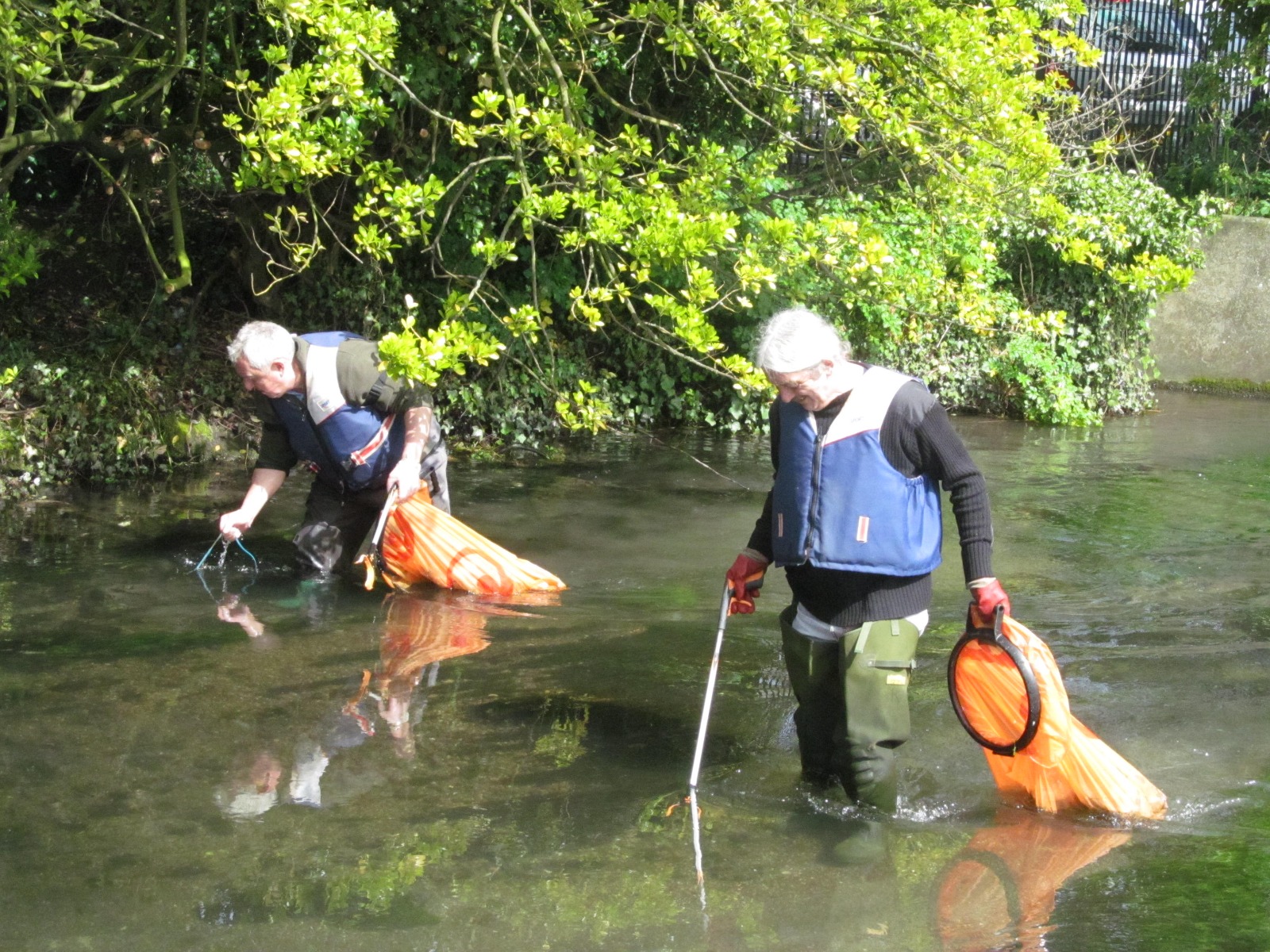
2. Stop using Plastic Bags when Shopping for Tackle
Angling Direct stores have been plastic carrier bag free since October 2018, being replaced by biodegradable paper bags and hessian bags for life, at a cost of 10p – the paper bags are a small price to pay for the welfare of the fish we love to catch.
3. Recycle your Fishing Line
By recycling your fishing line you are reducing pollution, leaving one less hazard for wildlife, and improving the image and reputation of angling. Almost all anglers care about the wider environment, as healthy wildlife and clean surroundings lead to good fishing. As such, we, here at Angling Direct know that recycling matters to you and we also know that you’re all busy with work, family, and many other commitments.
Recycling fishing line is something the whole of the angling community can agree on, with over 85% of anglers surveyed saying they would be keen to recycle their used fishing line if facilities were available. The good news is that facilities are available at Angling Direct stores, and recycling your fishing line is easy so, doing the right thing has become effortless.
In 2018, ANLRS recycled 2.5 million metres of line, most of which will be reused in the construction of traffic cones, sunglasses, skateboards, wetsuits and swimwear. A valiant effort, but ANLRS need the cooperation of manufacturers, retailers and most importantly you, the angler. You can recycle your fishing line which is made of plastic, at any of our Angling Direct stores, by popping your old line in one of our red recycling bins. You can read more on line recycling tips here.
4. Choosing Environment-Friendly Fishing Gear
Making changes to what angling products you use can help reduce the negative impact on the environment. One way of achieving this is by switching to reusable, fish-friendly bait such as artificial sweetcorn or lures. Anglers can also opt for a biodegradable monofilament fishing line that breaks down faster yet still has the same performance characteristics as the regular line. Using lead products can be dangerous to fish so consider changing the friendlier materials such as steel, tungsten or tin.
Eco-friendly angling also concerns your choice of hooks. By choosing circle hooks instead of J-hooks you can minimize internal damage, especially when practising catch and release. It is also recommended to look for rigs made of materials like glass beads, to pick knotless nets and when you’re picking out other gear like waders or tackle boxes, look for those made from recycled materials.
5. Consider Plastic-free or Conscious Brands
After discussions with Korda, Angling Direct teamed up with the great fishing supplier to try to reduce the plastic waste on their items that comes through the AD warehouse. By transporting products in tote boxes, Korda is now saving 672m of tape each month, which is as tall as 16,800 Korda Tackle Boxes! Minimising the transit packaging waste is just the start, as we hope more will join to reduce the use of plastic in transits and packaging.
Eco-Friendly Fishing in 2021
Cutting down on your plastic waste, recycling and using alternative packaging is just the start of what you could achieve when angling. If you want to really jump into your new responsibility of an eco-friendly angler, check out the following tips.
1. Participate in Aquatic Surveys
These surveys and monitoring take part in various forms of water management for the benefit of both themselves and the wider environment. By working with the Riverfly Partnership Angler Monitoring Initiative, not only do anglers get a sense of personal achievement from carrying out this sort of voluntary work but, as this work is usually carried out in the local area, this benefits the local community as well.
2. Follow Local Byelaws and Fishery Rules
The widespread endorsement and application of catch and release principles by anglers in wild fisheries help to protect livestock. You can further protect fish by following your local byelaws from on .GOV or research the rules of the fishery you plan to use when angling. Often you will find fisheries outline the bait, rig presentation, hooks and more that is banned from the water to protect the welfare and give all anglers a great session of fishing.
3. Report Pollution of Aquatic Wildlife
From 2015 there are some Water Protection Zones in the UK but there are still many canals and rivers affected by farming and other agriculture disposals causing major damage to fish populations. All anglers can do is notify local Stewards of the water you are fishing from and support Angling Trust, Defra and Fish Legal in their pushing for government discussions of food product and waste that directly affects surrounding wildlife.
We hope this guide answered a few of your questions surrounding Angling and the Environment. Keep up with the recycling and if you have any questions the AD teams across all our stores are happy to help!
